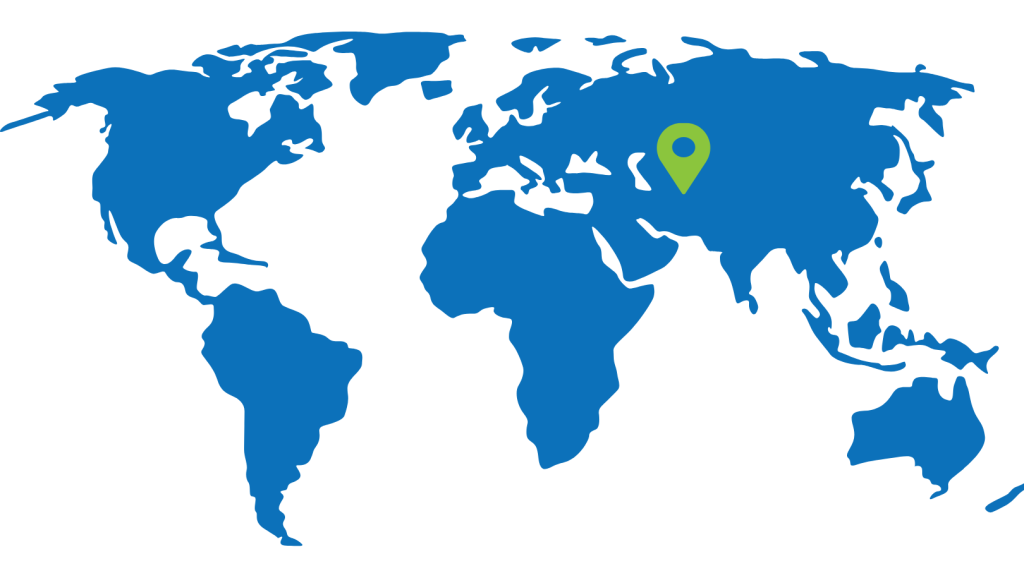On August 15, 2025, the Cabinet of Ministers of the Republic of Uzbekistan approved a Technical Regulation aimed at restricting the use of hazardous substances in electrical and radioelectronic products. This move supports the implementation of Presidential Resolution No. PP-91, which establishes the Agency for Technical Regulation of Uzbekistan and sets unified safety standards across the sector.

Scope and Implementation Timeline
The Technical Regulation defines requirements for limiting the presence of hazardous substances in electrical and radio electronic equipment and outlines the procedures for product conformity assessment. The regulation is scheduled to enter into force six months after its official publication, with full implementation beginning on February 17, 2026.
The Regulation applies to defined categories of electrical and electronic equipment (EEE), as listed under Annex I, and introduces several key compliance requirements:
Restriction of ten hazardous substances, with specified limits and both permanent and temporary exemptions
Requirements for packaging, labeling, and operational documentation
Conformity assessment options, allowing either a declaration of conformity or official certification
Marking obligations, including application of the OZS Conformity Mark
Defined transitional periods for industry adjustment
Regulatory Oversight and Application
The Ministry of Energy and the Agency for Technical Regulation, in cooperation with the National Television and Radio Company, are tasked with conducting a broad awareness campaign. This includes informing the general public, government ministries, private enterprises, and other stakeholders about the purpose and application of the regulation.
The regulation applies broadly to EEE, covering household appliances, IT and telecom equipment, lighting products, toys, and electrical cables. However, certain categories are exempt, including medical devices, large-scale industrial tools, and military equipment.
Before placing products on the Uzbek market, manufacturers must demonstrate compliance through a declaration or certification process.
Phased Implementation Plan
A detailed six-stage roadmap outlines the implementation of the new Technical Regulation:
Stage 1: Review of Existing Standards
The Agency for Technical Regulation will:
Compile and assess existing standards related to hazardous substances in electronic products (within three months).
Approve lists of standards for compliance, including testing, sampling, and measurement methods (within one month).
Stage 2: Accreditation Expansion
The Agency will take steps to expand accreditation for certification bodies and testing laboratories to ensure they can assess product conformity under the new regulation (within six months).
Stage 3: Information Dissemination
The Ministry of Energy and the Agency will carry out a coordinated communication effort to educate the public and stakeholders on the regulation’s objectives and requirements (timeline per internal schedule).
Stage 4: Industry Preparation
Manufacturers and business entities must:
Study the new regulation, train relevant personnel, and integrate requirements into their operations.
Prepare compliant product samples for conformity assessment.
Stage 5: State Control
Authorized bodies, in coordination with the Agency, will enforce state control mechanisms to ensure compliance with the regulation (timeline per existing procedures).
Stage 6: Monitoring and Reporting
The Agency will monitor implementation practices and submit quarterly updates to the Cabinet of Ministers.
For this article’s source information and any product certification guidance, please contact Global Validity.
Quick Country Facts
Uzbekistan
Certification Body: Communications and Information Agency of Uzbekistan
Certification Type: Mandatory
License Validity: 12 Months
Application Language: English
Legal License Holder: Manufacturer
In-Country Testing Requirement: Testing Not Required
The regulatory information above is based on radio type approval certification. Access additional certification requirements in over 200 countries and territories with Global Validity’s free proprietary product certification management software, Access Manager. Learn more about the platform here or fill our quick contact form!
Global Validity is your partner for global certification success
Want to learn more about regulatory compliance and how we can help? Simply fill out the form below and we’ll be in touch!
